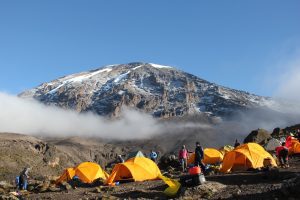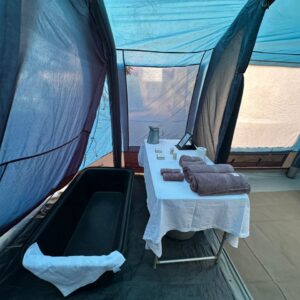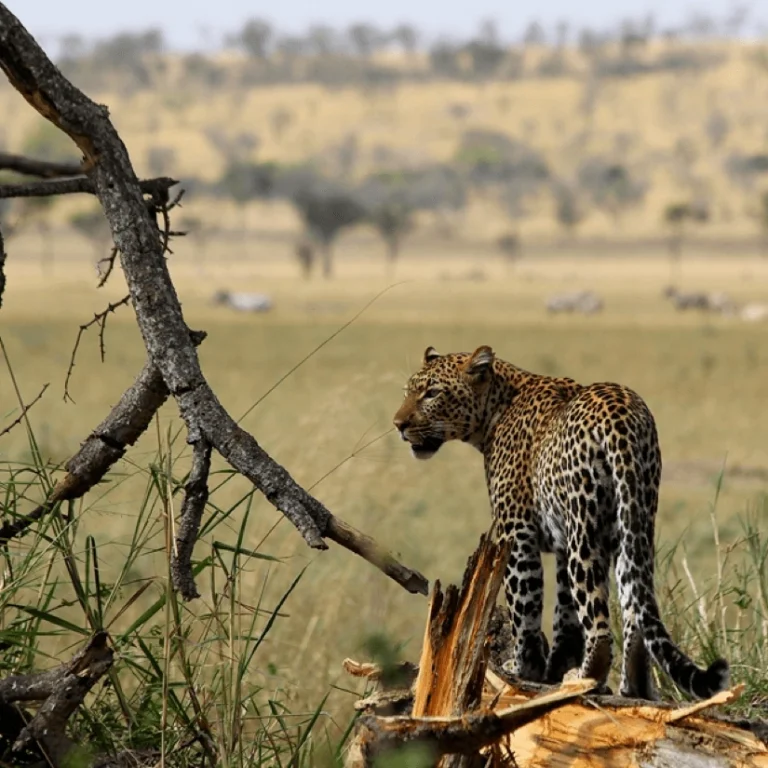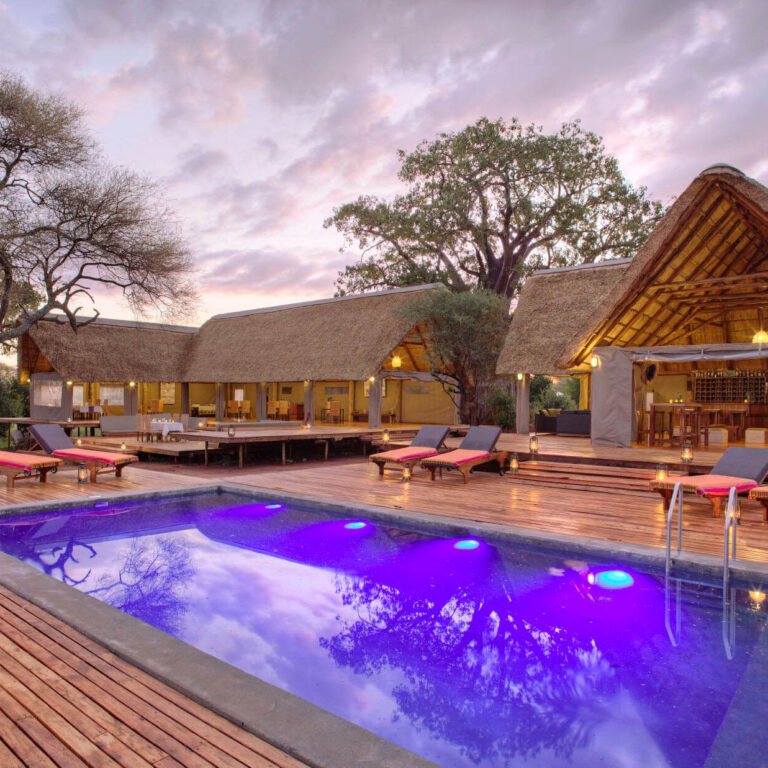Things to Know Before Booking Africa Safari Vacation?
Embarking on the Adventure of a Lifetime: Essential Knowledge Before Booking Your African Vacation from Arusha. The dream of an African vacation, especially when you’re already nestled in the vibrant heart of Arusha, is powerful. Visions of vast savannas teeming with wildlife, majestic mountains piercing the sky, and the rhythmic pulse of ancient cultures dance in the imagination. However, transforming this dream into a seamless and unforgettable reality requires careful planning and a solid understanding of what awaits. Booking an African adventure is not quite the same as planning a European city break or a Caribbean beach escape. It demands a different level of preparation and awareness.
Whether you’re a seasoned traveler or a first-time visitor to the continent. Arming yourself with essential knowledge before you commit to that booking is crucial. From understanding the diverse climates and visa requirements to navigating cultural nuances and prioritizing safety. This guide will illuminate the key considerations to ensure your African vacation from Arusha (or anywhere else on the continent) is everything you’ve hoped for and more. Check this: Everything you need to know before booking your first African safari.
1. Defining Your Dream: Understanding the Scope and Diversity of Africa:
Africa is not a country; it’s a vast continent comprising 54 diverse nations. Each with its unique landscapes, cultures, and wildlife. Before you even begin browsing tours or accommodations, take time to define what your ideal African vacation looks like. Check this: 15 Things You Need to Know Before Visiting Tanzania
Wildlife Safari. Are you dreaming of witnessing the Great Migration in the Serengeti, tracking gorillas in Uganda, or exploring the Okavango Delta in Botswana? Different regions excel in specific wildlife experiences. Consider what animals you most want to see and research the best locations and times for those sightings. Cultural Immersion. Are you interested in exploring ancient historical sites in Egypt, engaging with the vibrant traditions of the Maasai in Tanzania, or experiencing the music and art scenes of South Africa? Identify the cultural experiences that resonate with you and research destinations known for them.
Adventure Travel. Does your ideal vacation involve scaling Mount Kilimanjaro, white-water rafting on the Zambezi River, or exploring the dunes of Namibia? Africa offers a plethora of adrenaline-pumping adventures. Relaxing Beach Getaway. Perhaps you envision unwinding on the idyllic shores of Zanzibar. The Seychelles, or the Moroccan coast. Determine the kind of beach experience you desire, from secluded luxury to vibrant coastal towns. Understanding the sheer diversity of Africa will help you narrow down your options and choose a destination that truly aligns with your interests.
2. Navigating the Seasons and Climate
Africa’s climate varies dramatically depending on the region and time of year. Researching the weather patterns of your chosen destination is crucial for planning your activities and packing appropriately. Dry vs. Wet Seasons. Many East and Southern African countries have distinct dry and wet seasons. The dry season (roughly June to October) is often considered the best time for wildlife viewing as vegetation is sparse and animals congregate around water sources. However, the wet season (roughly November to May) can offer lush landscapes, fewer crowds, and excellent birdwatching, though some areas might experience heavy rainfall and limited accessibility. Check this: Top tips for solo female travellers in Africa.
Temperature Variations. Temperatures can range from scorching desert heat to chilly evenings at higher altitudes. Even in Arusha, nestled at the foot of Mount Meru, temperatures can fluctuate significantly between day and night. Pack layers and be prepared for different conditions. Regional Specifics. Research the specific climate of your chosen destination. Coastal areas will be more humid, while mountainous regions will be cooler. Understanding these nuances will ensure you pack the right clothing and plan activities accordingly.
3. Visa Requirements and Entry Regulations
Navigating visa requirements is a crucial step in planning any international trip, and Africa is no exception. Research Specific Country Requirements: Visa policies vary significantly between African nations. Determine the specific visa requirements for your nationality and the countries you plan to visit well in advance of your trip. Application Process: Some countries offer online visa applications (e-visas), while others require applying through their embassies or consulates. Familiarize yourself with the application process and allow ample time for processing. Check this: 10 Reasons Why Tanzania for your African safari vacation.
Passport Validity: Ensure your passport has at least six months of validity remaining beyond your intended date of departure from Africa. Many countries have strict regulations regarding passport validity. Yellow Fever Vaccination: Certain African countries require proof of yellow fever vaccination upon entry, especially if you are arriving from or transiting through countries with a risk of yellow fever transmission. Check the requirements for your specific destinations. Check this: How to Book Your Kilimanjaro Climb
4. Health Precautions and Vaccinations
Your health and safety should be a top priority when planning an African vacation. Consult Your Doctor. Schedule a visit with your doctor or a travel health clinic well in advance of your trip (ideally 4-6 weeks). Discuss necessary vaccinations (e.g., yellow fever, typhoid, hepatitis A) and malaria prevention measures.
Malaria Prevention: Malaria is a risk in many parts of Africa. Your doctor will advise on appropriate antimalarial medication, as well as preventative measures like using insect repellent, wearing long sleeves and trousers in the evenings, and sleeping under mosquito nets. Other Health Risks: Be aware of other potential health risks in your chosen destination and take necessary precautions regarding food and water safety. Drink bottled or treated water and be cautious about food from unhygienic sources. Travel Insurance: Invest in comprehensive travel insurance that covers medical emergencies, including evacuation if necessary. Ensure it also covers trip cancellations or interruptions.
5. Safety and Security Considerations
While Africa offers incredible experiences, it’s essential to be aware of potential safety and security risks and take necessary precautions. Research Current Travel Advisories. Stay informed about any travel advisories issued by your home country’s government for your intended destinations. Petty Crime. Be aware of the risk of petty crime, such as pickpocketing and bag snatching, especially in crowded urban areas. Take precautions to secure your belongings. Reputable Operators: Book tours and safaris with well-established and reputable operators who prioritize safety. Local Customs and Laws. Respect local customs and laws. Dress modestly in certain areas and be mindful of cultural sensitivities. Trust Your Instincts: Be aware of your surroundings and trust your instincts. Avoid walking alone at night in unfamiliar areas.
6. Understanding the Costs and Budgeting
The cost of an African vacation can vary significantly depending on the destination, type of accommodation, activities, and level of luxury. Research Average Costs. Get an idea of the average costs for flights, accommodation, tours, and activities in your chosen destination. Luxury vs. Budget. Decide on your preferred level of comfort and budget accordingly. Luxury safaris and accommodations will be significantly more expensive than budget options. Hidden Costs. Be aware of potential hidden costs, such as park fees, visa fees, airport taxes, and tips. Factor these into your budget. Payment Methods. Research accepted payment methods in your destination. Credit cards may not be widely accepted in more remote areas, so it’s wise to have some local currency on hand.
7. Choosing the Right Tour Operator or Planning Independently
Decide whether you prefer the convenience of an organized tour or the flexibility of independent travel. Organized Tours. Offer structure, convenience, and often access to experienced guides and logistics. They can be particularly beneficial for first-time visitors or those with limited time. Many excellent tour operators are based right here in Arusha, specializing in safaris and Kilimanjaro climbs. Independent Travel. Provides more flexibility and control over your itinerary, but requires more research and planning what you should know before booking an African vacation. It can be a more budget-friendly option for experienced travelers. Check this: The ultimate guide to planning your first safari adventure.
8. Cultural Sensitivity and Respect
Africa is a continent rich in diverse cultures. Approaching your travels with cultural sensitivity and respect will enhance your experience and foster positive interactions. Dress Modestly. What you should know before booking an African vacation in certain areas, particularly rural communities and religious sites, dressing modestly is appreciated. Ask Permission Before Photographing People: Always ask for permission before taking photos of individuals. Learn Basic Local Phrases. Even knowing a few basic greetings in the local language can go a long way in showing respect. Be Mindful of Local Customs: Observe and respect local customs and traditions.
9. Packing Essentials
Packing appropriately for an African vacation is crucial for comfort and convenience. what you should know before booking an African vacation. Lightweight and Breathable Clothing: Pack lightweight and breathable fabrics suitable for warm climates. Layers. Include layers for cooler evenings or higher altitudes. Comfortable Walking Shoes. Essential for safaris and exploring. Insect Repellent: A high-quality insect repellent is a must. Sun Protection. Pack sunscreen, a wide-brimmed hat, and sunglasses. Binoculars: Essential for wildlife viewing. Camera and Extra Batteries/Memory Cards. You’ll want to capture the incredible sights.
10. Embrace Flexibility and the Unexpected
Despite the best planning, things don’t always go exactly as expected when traveling in Africa. Embrace a flexible attitude and be prepared for potential delays or changes in plans. A sense of humor and a willingness to go with the flow will contribute to a more enjoyable and less stressful experience. Booking an African vacation is the first step towards an unforgettable adventure. By arming yourself with this essential knowledge, you can make informed decisions, plan effectively, and embark on your journey with confidence, ready to immerse yourself in the breathtaking beauty and vibrant spirit of this extraordinary continent. From your doorstep in Arusha, the wonders of Africa await – prepare well, and let the adventure begin.







